
Pin on Diorama
German Army, [heːɐ̯] 'army') was the component of the Wehrmacht, [b] the regular armed forces of Nazi Germany, from 1935 until it effectively ceased to exist in 1945 and then was formally dissolved in August 1946. [4] During World War II, a total of about 13.6 million soldiers served in the German Army.
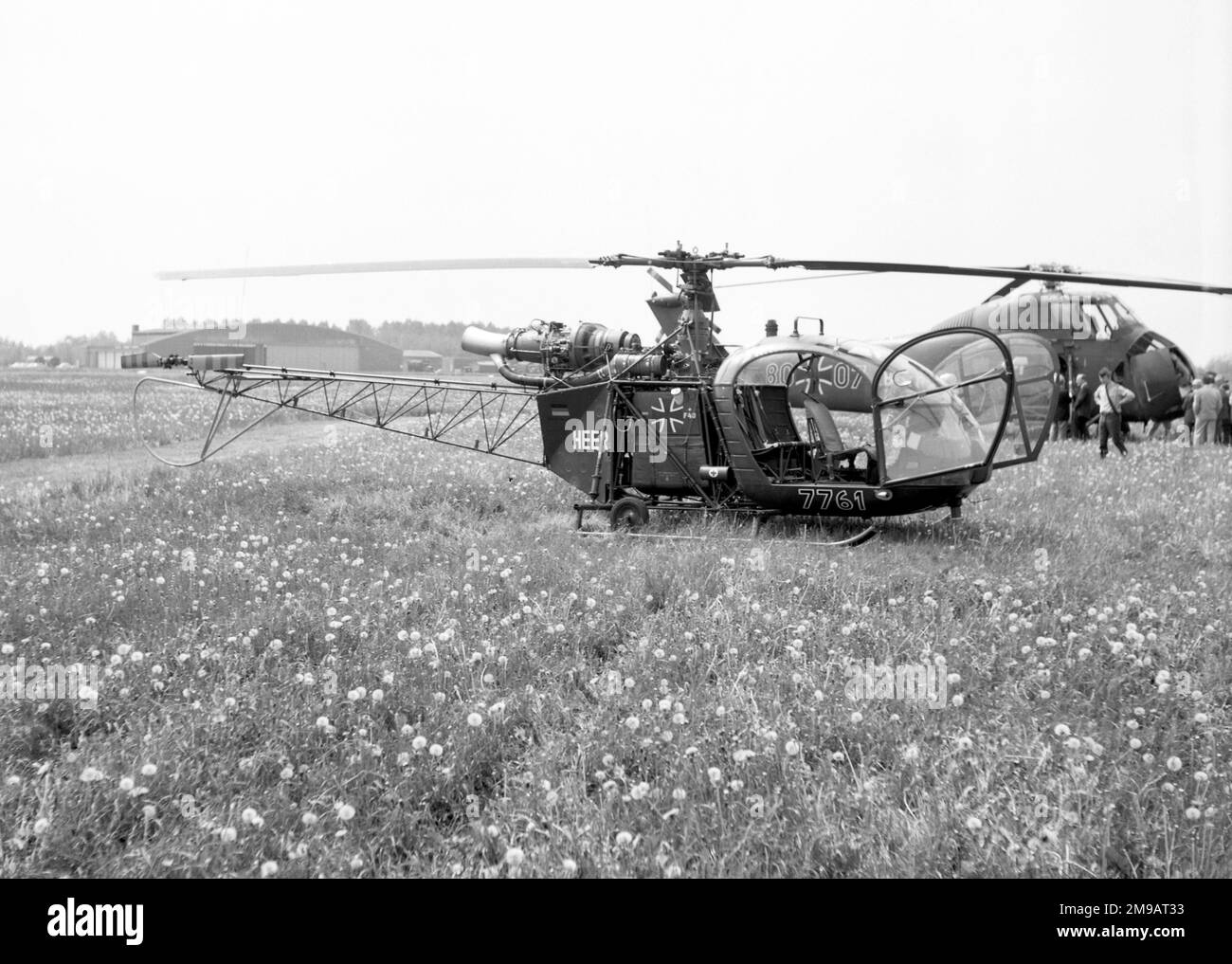
Bundeswehr Heer (German Army) SudAviation SA.318BW Alouette II 77+61
The German Army ( German: Heer, German: [heːɐ̯] ⓘ; lit. 'army') was the land forces component of the Wehrmacht, the regular armed forces of Nazi Germany, from 1935 until it effectively ceased to exist in 1945 and then was formally dissolved in August 1946. During World War II, a total of about 13.6 million soldiers served in the German Army.
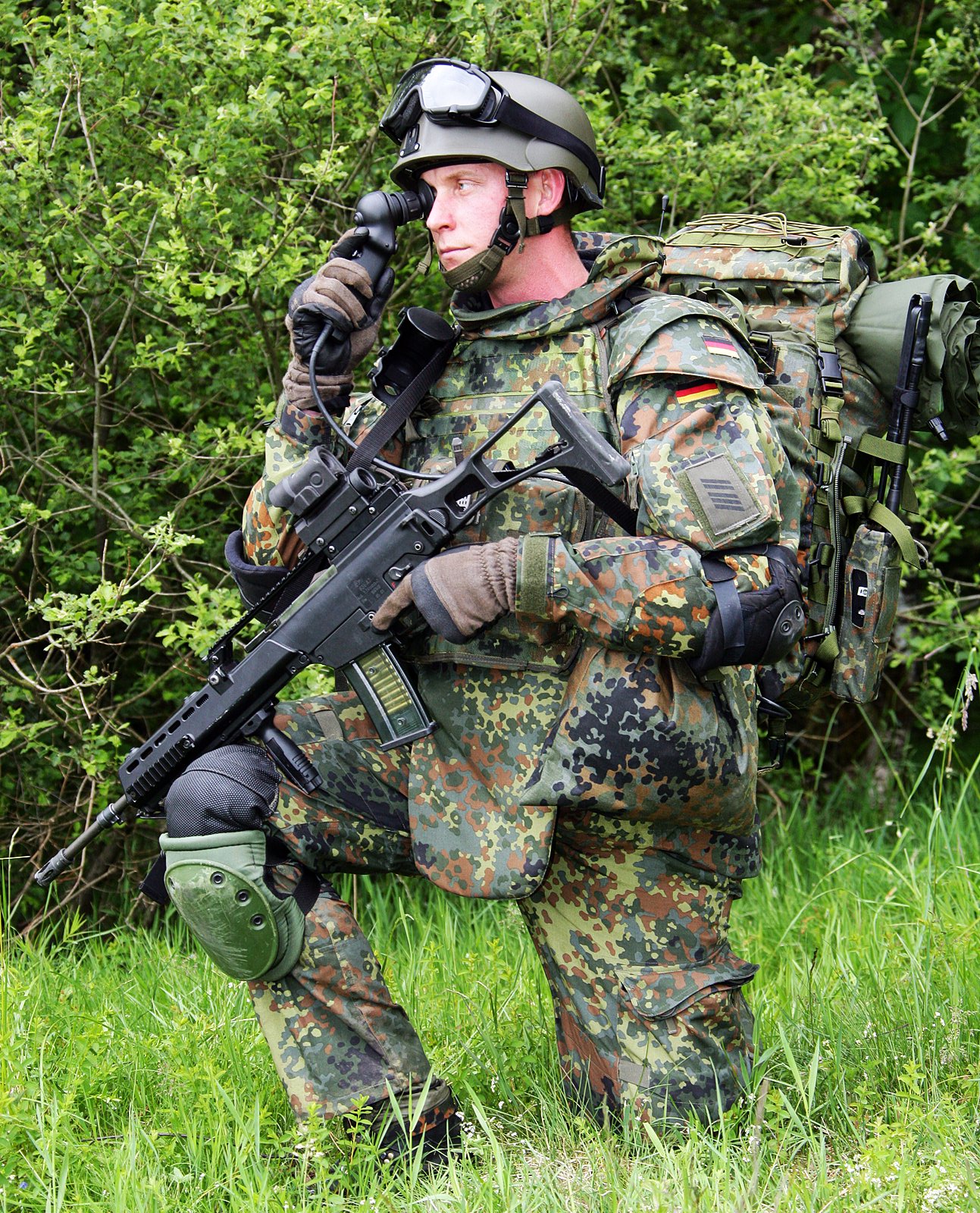
Soldados do futuro Deutsches Heer em treinamento Forças Terrestres
Heer Ranks Command; Schütze: Rifleman: Section Soldat Soldier " Grenadier Infantryman " Fusilier Rifleman " Musketier Rifleman " Jäger Chasseur " Reiter Rider " Kanoier Gunner " Panzerschütze Tank Solider " Panzergrenadier Armored Infantryman "

Bundeswehr, Heer (German Armed Forces, Army) HD recruitment video YouTube
The Imperial German Army (1871-1919), officially referred to as the German Army ( German: Deutsches Heer [7] ), was the unified ground and air force of the German Empire.

Pin on German Military Photos
Gerd von Rundstedt (Show more) Wehrmacht, (German: "defense power") the armed forces of the Third Reich. The three primary branches of the Wehrmacht were the Heer ( army ), Luftwaffe ( air force ), and Kriegsmarine ( navy ). Creation and structure of the Wehrmacht Adolf Hitler

Mi8 Deutsches HEER (German Army) By Flybywire98
Heer - German Army Since the German reunification in 1990, the country's armed forces have become frequently deployed in support of international missions.
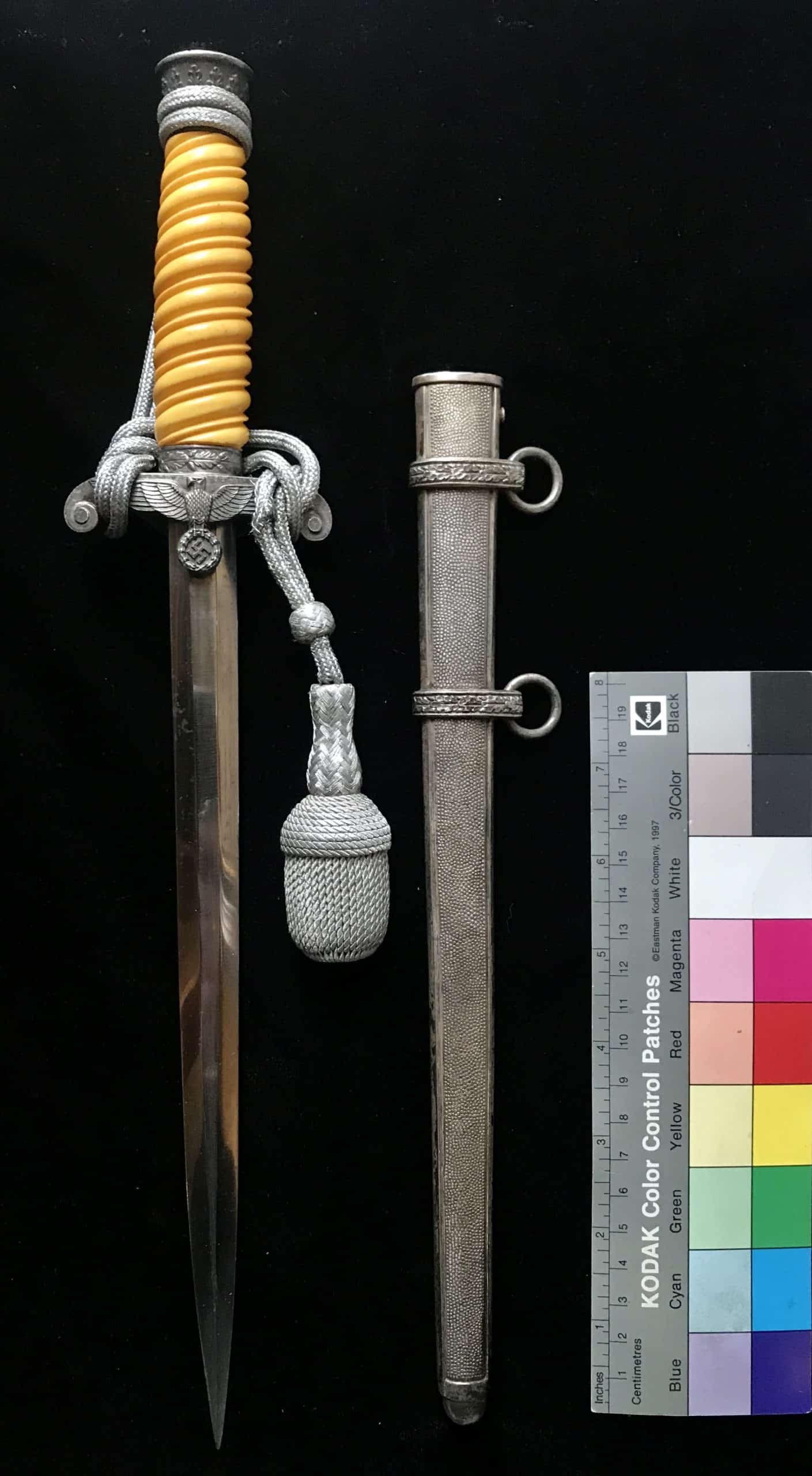
WWII German Army (Heer) Officer's Dagger (Heer Offizierdolch)
The Heer as the German army and part of the Wehrmacht inherited its uniforms and rank structure from the Reichsheer of the Weimar Republic (1921-1935). There were few alterations and adjustments made as the army grew from a limited peacetime defense force of 100,000 men to a war-fighting force of several million men. Army rank insignia.

modern german military Google Search Luftwaffe, Tribute, Red Berets
Uniforms of the Heer as the ground forces of the Wehrmacht were distinguished from other branches by two devices: the army form of the Wehrmachtsadler or Hoheitszeichen (national emblem) worn above the right breast pocket, and - with certain exceptions - collar tabs bearing a pair of Litzen ( Doppellitze "double braid"), a device inherited from.

German armed forces, the Bundeswehr, stand next to their Marder light
Through the upheaval of the interwar years, the German Army, known as the Heer, survived, and its leaders embarked on a clandestine effort to circumvent the terms of the Versailles Treaty that, among other things, had limited its fighting strength to 100,000 men.
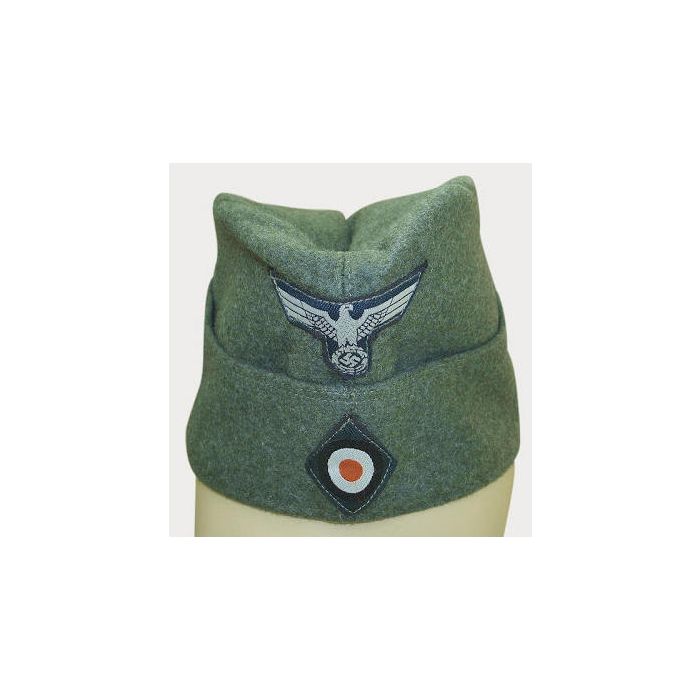
GERMAN WH ARMY ENLISTED MAN M34 HEER SIDE CAP
The Heer (1939 - 45) The Heer was Nazi German's Army. It was the land based section of the Wehrmacht which was essentially Germany's Armed Forces. The Wehrmacht also contained the Luftwaffe (Air Force) and the Kriegsmarine (Navy). During WW2 about 15 million men served in the Heer and approximately 7 million of them became casualties.

Third Reich Color Pictures Heer (German Army) In Color
Heer - German Army Home :: Military :: World :: Europe :: Agency :: Germany :: Federal Ministry of Defense :: Heer - German Army The German armed forces started a process of transformation.

German Army Military Power German Military Strength 2018
Heer 1935 to 1945 Information on the German Army (Heer) during WWII, such as the Tiger I Ausf. E, Kettenkraftrad, Schwimmwagen, Opel Blitz, Panzers Variants, Self-Propelled Artillery and Small Arms, development history, combat service, technical data and photos. Blitzkrieg (German, literally lightning war) is a popular name for an offensive.
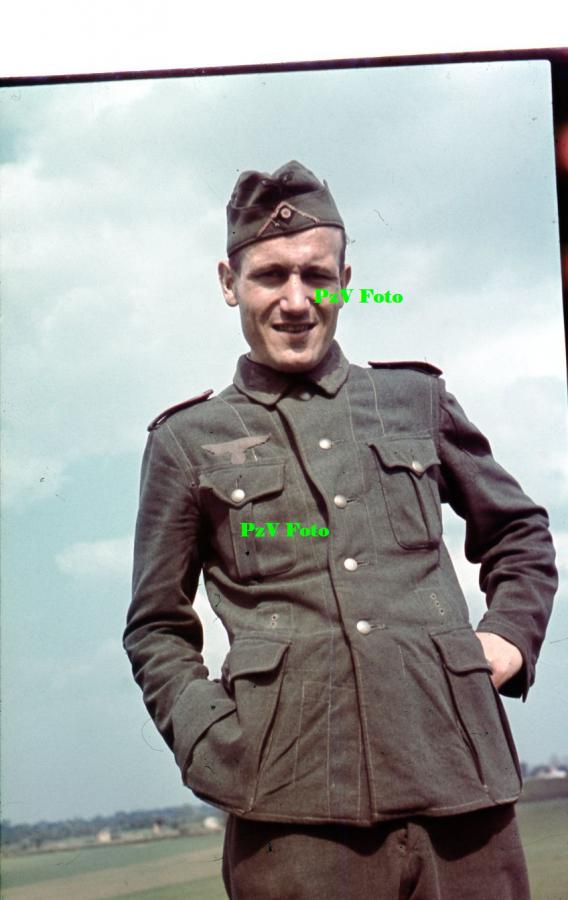
World War II Heer (German Army) In Color
The largest single German organizational formation during WWII. Usually consisted of hundreds of various units and upwards of a few hundred thousand men, all of which operated in a far-ranging geographic region of the front. An example would be Heeresgruppe Afrika which controlled all units fighting in North Afrika at the time of its formation.

CH53 Deutsches Heer German Army Aviation YouTube
The German War: A Nation Under Arms, 1939-1945. $16.89. $24.99. The Rise and Fall of the Third Reich: A History of Nazi Germany. $33.38. $50. Inside the Third Reich: Memoirs by Albert Speer. $13.98. Feldgrau.com is a non-political German military history research site regarding the details of the German armed forces between 1918 and 1945.

Original WWII German Army, "Heer" General tunic of Wilhelm Ulex
The German Army (German: Heer ( German pronunciation: [ˈheːɐ̯]) was the land forces component of the Wehrmacht, the German armed forces, from 1935 to 1945. The Wehrmacht also included the Kriegsmarine (Navy) and the Luftwaffe (Air Force).

WWII GERMAN HEER ARMY Grossdeutschland ENLISTED TUNIC SHOULDER BOARDS
The German Army ( German: Heer, 'army') is the land component of the armed forces of Germany. The present-day German Army was founded in 1955 as part of the newly formed West German Bundeswehr together with the Marine (German Navy) and the Luftwaffe (German Air Force). As of January 2022, the German Army had a strength of 62,766 soldiers. [1]